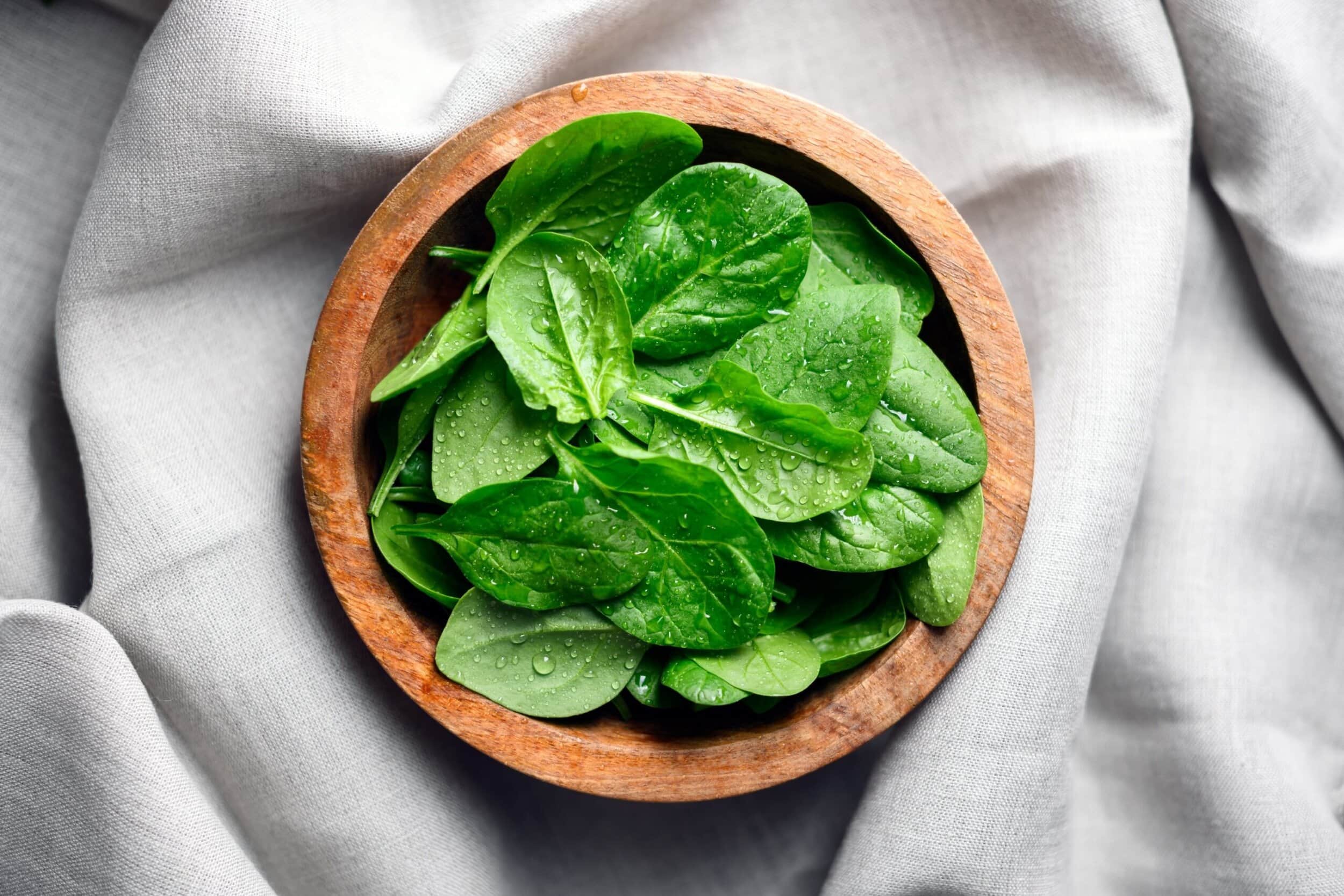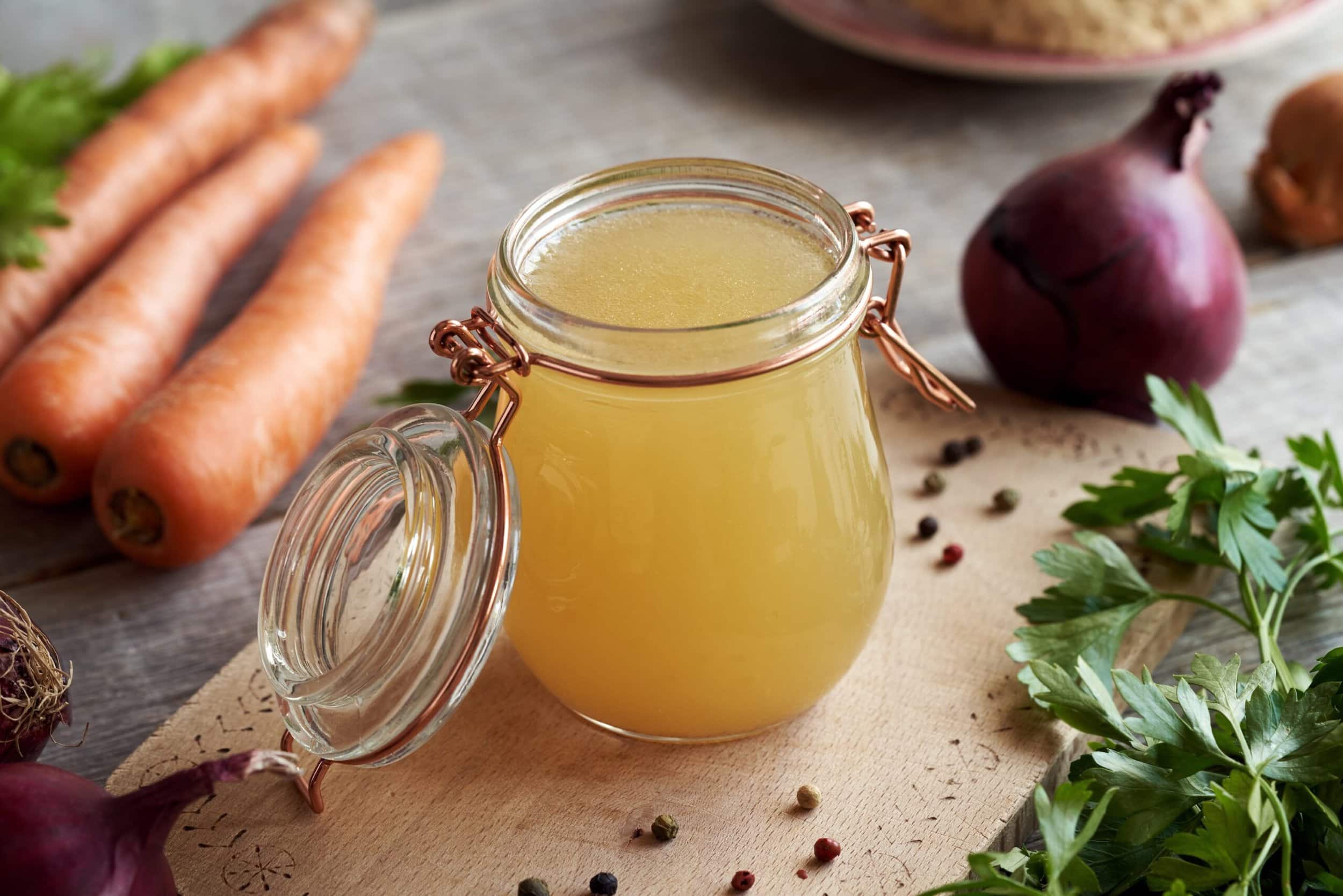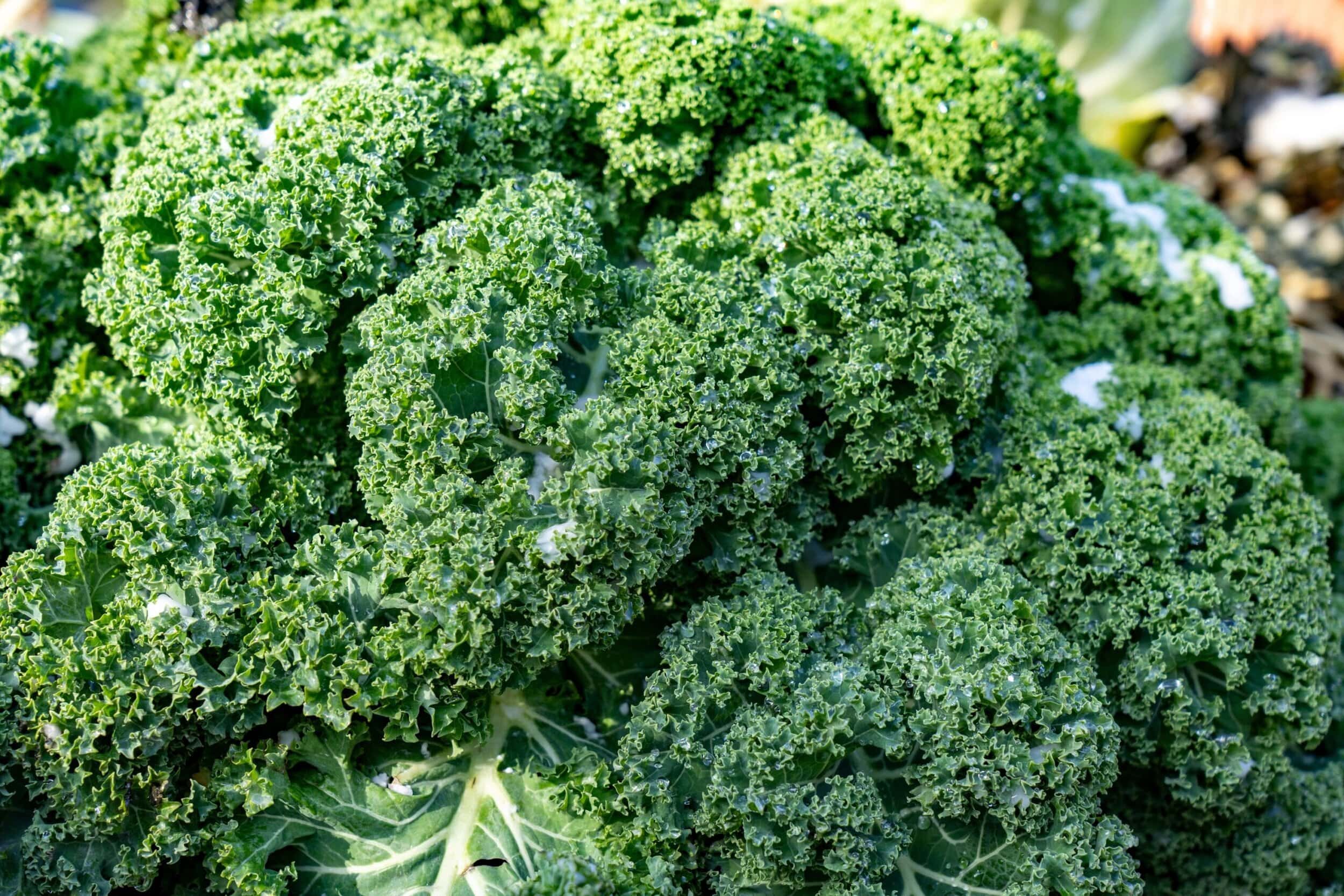Sweet, juicy, and endlessly snackable—grapes are one of those foods that make healthy eating feel easy. Toss a handful in your bag, reach for them as a healthy midday snack, or enjoy them when a sugar craving hits—they’re as convenient as they are satisfying.
Still, if you’re working toward weight loss, you might pause and wonder: How many calories are in grapes? And does their natural sugar content get in the way of progress?
The short answer: Grapes can absolutely fit into your weight-loss journey. They’re hydrating, naturally sweet, and surprisingly low in calories for how satisfying they taste. Plus, they’re rich in antioxidants like resveratrol, which support overall health.
So what exactly makes grapes such a smart choice? Let’s break down everything you need to know—from their calorie count and sugar content to their fiber, beneficial compounds, and even how they can fit into low-carb eating plans.
✅ Quick answer
Yes, grapes can be a beneficial part of a weight loss plan. With just 69 calories per 100-gram serving (about ⅔ cup or 18 grapes), their natural sweetness can curb cravings for higher-calorie treats.
✅ Why grapes can support your goals:
- Their natural sweetness curbs cravings – The natural sugars in grapes provide a satisfying sweet taste that can help you avoid reaching for high-sugar desserts and other treats.
- They have a lot of water – With over 80% water content, grapes help you stay hydrated while adding volume to your meals and snacks, helping you feel satisfied with fewer calories.
- They’re rich in metabolism-supporting antioxidants – Grapes are packed with resveratrol, anthocyanins, and other powerful compounds that may support metabolic health and help your body burn calories more efficiently.
⚠️ Things to be mindful of:
- They’re high in natural sugar – While the sugar in grapes is natural, it still contributes to your daily calories, so be sure to track them, especially if you’re monitoring carbohydrate intake closely.
- They’re lower in fiber compared to other fruits – Although grapes contain some fiber, they provide less than fruits like berries or apples, which means they may not keep you full as long.
- It can be easy to eat too many – Their small size and appealing taste make it easy to eat more than intended, so measuring servings can be helpful.
Rx weight loss, the right way, with Noom
Get access to prescription weight loss medication with Noom.🥗 Nutrients in grapes (per 100g or about ⅔ cup / 18 grapes)
| Nutrient | Amount | % RDA* |
| Calories | 69 calories | 3.5% |
| Protein | 0.7 g | 1.4% |
| Total carbs | 18.1 g | 6.6% |
| Fiber | 0.9 g | 3.2% |
| Sugars | 15.5 g | — |
| Total fat | 0.2 g | 0.3% |
| – Saturated fat | 0.1 g | 0.5% |
| – Monounsaturated fat | 0.01 g | — |
| – Polyunsaturated fat | 0.05 g | — |
| Omega-3 | 0.01 g | — |
| Omega-6 | 0.04 g | — |
Grapes are a low-calorie snack that can fit into just about any weight-management plan. One cup comes in at around 104 calories (depending on the size of the grapes), with almost no fat.
That same cup has about 18 grams of carbohydrates, and most of that (around 15 grams) comes from natural sugar. On their own, grapes don’t offer a lot of protein or fiber, so if you load up on them you might find yourself hungrier sooner thanks to quick blood-sugar swings.
That doesn’t mean you need to skip them—just pair them smartly. Grapes shine when you make them part of a balanced snack. Try them with Greek yogurt, cottage cheese, or a small handful of nuts, and you’ve got a combo that’s far more filling and blood-sugar friendly than grapes alone.
*Recommended dietary allowance (RDA) is defined as the average daily amount of nutrients needed to meet the requirements of nearly all healthy people in a specific group.
💊 Vitamins & minerals in grapes (per 100g or about ⅔ cup)
| Vitamin/Mineral | Amount | % RDA* |
|---|---|---|
| Vitamin K | 14.6 μg | 12% |
| Copper | 0.1 mg | 11% |
| Thiamin (B1) | 0.1 mg | 6% |
| Vitamin B6 | 0.1 mg | 5% |
| Potassium | 191 mg | 4% |
| Vitamin C | 3.2 mg | 4% |
| Manganese | 0.1 mg | 3% |
| Iron | 0.4 mg | 2% |
| Magnesium | 7 mg | 2% |
Grapes deliver some noteworthy micronutrients that support your overall health goals. The standout here is Vitamin K at 12% of your daily needs—essential for blood clotting and bone health, especially important if you’re staying active during weight loss.
Grapes also provide a solid boost of copper (11% RDA), which plays a crucial role in energy production and iron metabolism. The B vitamins, particularly thiamin and B6, help your body convert food into usable energy—pretty handy when you’re in a calorie deficit and want to maximize every nutrient. While the amounts aren’t massive, every bit counts when you’re choosing nutrient-dense foods over empty calories.
🔍 Nutrient breakdown
Glycemic index (GI) of grapes
Glycemic index: 59 (Medium)
💡Tip: While the GI is moderate, the glycemic load of a typical serving is relatively low. Pairing grapes with protein or healthy fats can help stabilize blood sugar levels even further.
Are grapes high in protein?
❌No: Grapes contain only 0.7 g of protein per serving, making them a poor protein source.
🔹Better protein alternatives: Greek yogurt | Chicken breast | Lentils
Are grapes high in fiber?
❌No: Grapes provide a modest 0.9 g of fiber per serving, which is low compared to other fruits.
💡Tip: For better satiety and digestive health, pair grapes with higher-fiber foods or choose fruits like raspberries or pears for more fiber per bite.
Are grapes low in carbs?
❌No: Grapes contain 18.1 g of carbs per serving, with most coming from natural sugars.
💡Tip: If you’re following a lower-carb approach, stick to smaller portions or choose lower-carb fruits like berries instead.
Are grapes gluten-free?
✅Yes: Grapes are naturally 100% gluten-free and safe for those with celiac disease or gluten sensitivity.
Are grapes good for fat loss?
✅Yes: Their low-calorie density and high water content make grapes helpful for creating a calorie deficit while still feeling satisfied.
🍽️ Diet compatibility: Which diets include grapes?
| Diet | ✅Yes /❌No | Why |
| Keto | ❌ | Too high in carbs and natural sugars for the strict carb limits of ketogenic diets. |
| Paleo | ✅ | As a whole, unprocessed fruit, grapes align perfectly with Paleo principles. |
| Mediterranean | ✅ | Grapes are a staple of the Mediterranean diet and celebrated for their antioxidant benefits. |
| Vegan | ✅ | Being plant-based, grapes fit seamlessly into any vegan eating pattern. |
| Gluten‑free | ✅ | Naturally gluten-free and safe for those avoiding gluten for medical reasons. |
Grapes work well with most healthy eating patterns that emphasize whole, unprocessed foods. Their biggest limitation comes with very low-carb diets like keto, where even natural sugars can quickly exceed daily carb allowances. For everyone else, grapes offer a nutritious way to add natural sweetness and hydration to meals and snacks. The key is understanding portion sizes and how grapes fit into your overall daily nutrition goals.
🌟 Are grapes healthy? What are the health benefits
Metabolic health: Are grapes good for your metabolism?
- Boosts metabolism? ✅Yes – The antioxidant resveratrol found in grape skins may help improve metabolic function and activate genes associated with healthy aging and metabolism.
- Improves insulin sensitivity? ✅Yes – Research suggests that compounds in grapes, particularly resveratrol, may help improve how your body processes glucose and responds to insulin.
- Effect on fat storage? Positive – Some studies indicate that resveratrol may help inhibit the formation of new fat cells and influence genes that control fat storage.
Cholesterol impact: Do grapes affect cholesterol levels?
- Do they lower LDL (bad) cholesterol? ✅Yes – The antioxidants and small amount of soluble fiber in grapes may help reduce LDL cholesterol levels.
- Do they raise HDL (good) cholesterol? ✅Possibly – Some research on grape compounds suggests potential benefits for HDL levels, though more studies are needed.
- Overall impact on heart health? Grapes have a favorable impact on cardiovascular health through their potassium content and rich array of heart-protective antioxidants.
💡Tip: Choose darker grapes when possible, as they typically contain higher levels of beneficial compounds like resveratrol and anthocyanins. Red and purple grape varieties generally have more resveratrol than green grapes.
Can I eat grapes for a calorie deficit?
✅Yes, with confidence: At only 69 calories per 100g serving (about ⅔ cup), grapes are an excellent choice for maintaining a calorie deficit while still enjoying something sweet and satisfying.
💡Tip: Replace higher-calorie desserts with frozen grapes for a refreshing, low-calorie treat that takes longer to eat and feels more indulgent.
Are grapes rich in antioxidants?
✅Yes: Grapes are loaded with powerful antioxidants, including resveratrol, quercetin, anthocyanins, and catechin,s that help fight inflammation and oxidative stress.
Do grapes support gut health?
✅Yes: The polyphenols in grapes act as prebiotics, feeding beneficial bacteria in your gut microbiome, which supports overall digestive and metabolic health.
Do grapes support digestion?
Positive: The water content and fiber in grapes help promote regular bowel movements and support healthy digestion, though those with IBS may need to monitor portion sizes.
Do grapes help you feel satiated and less hungry?
Moderate: The high water content and volume of grapes can help with satiety, though the effect is moderate due to their lower protein and fiber content.
🔸Satiety Level: Medium
💡Tip: Pair grapes with a protein source like Greek yogurt or a small handful of almonds to significantly boost the satiety factor and keep hunger at bay longer.
Do grapes help with nighttime cravings?
✅Yes: Frozen grapes make an excellent evening snack that satisfies sweet cravings while providing fewer calories than typical desserts.
💡Tip: Keep a small bowl of frozen grapes in the freezer for those moments when you need something sweet but don’t want to derail your progress.
Do grapes help reduce inflammation?
✅Yes: The rich antioxidant profile of grapes, especially resveratrol and anthocyanins, has been shown to have anti-inflammatory effects throughout the body.
Are grapes beneficial for brain health?
✅Yes: Resveratrol may help protect against age-related cognitive decline and support healthy blood flow to the brain.
Can grapes improve skin and hair health?
✅Yes: The antioxidants and vitamin C in grapes help protect skin cells from damage and may support collagen production for healthier skin.
Can grapes help balance hormones?
✅Limited evidence: Resveratrol may have mild phytoestrogenic effects, though more research is needed to understand the full impact on hormonal health.
💡Tip: Focus on overall diet quality and lifestyle factors for the most significant impact on hormonal balance.
🍽️ Best ways to eat grapes for weight loss
- Fresh and whole: Enjoy grapes straight from the bunch to get all the fiber, water, and nutrients in their natural state without any added sugars or processing.
- Frozen as a dessert substitute: Freezing grapes creates a sorbet-like treat that satisfies dessert cravings while taking longer to eat, promoting mindful consumption, and maximizing enjoyment per calorie.
- Paired with protein: Combine grapes with Greek yogurt, cottage cheese, or a small handful of nuts to create a more balanced, satisfying snack that stabilizes blood sugar and extends satiety.
🍏 Best alternatives & comparisons (Per 100g or about ⅔ cup)
| Food | Calories | Carbs | Fiber | Protein | Fat |
|---|---|---|---|---|---|
| Grapes | 69 | 18.1 g | 0.9 g | 0.7 g | 0.2 g |
| Strawberries | 32 | 7.7 g | 2.0 g | 0.7 g | 0.3 g |
| Watermelon | 30 | 7.6 g | 0.4 g | 0.6 g | 0.2 g |
| Apples (with skin) | 52 | 13.8 g | 2.4 g | 0.3 g | 0.2 g |
| Blueberries | 57 | 14.5 g | 2.4 g | 0.7 g | 0.3 g |
| Raspberries | 52 | 11.9 g | 6.5 g | 1.2 g | 0.7 g |
All fruits are a great choice when you’re looking to lose weight—they bring hydration, natural sweetness, and important nutrients to the table. That said, some fruits have extra perks when it comes to calories, sugar, and fiber.
Berries like strawberries and raspberries, for example, pack fewer calories and grams of sugar per serving, plus they deliver a big boost of fiber to help you feel fuller longer. Watermelon offers even more hydration with fewer calories, while apples give you a solid dose of fiber with a similar calorie profile to grapes.
This doesn’t make grapes a “bad” choice (far from it!), but it does highlight the value of variety. Mixing different fruits into your routine helps you balance hydration, fiber, and satiety while still enjoying natural sweetness.
Frequently asked questions about grapes and weight loss
Do green grapes have more calories than red grapes?
Green grapes and red grapes are nearly identical in calories—both contain about 69 calories per 100-gram serving (about ⅔ cup). The main difference isn’t in calories but in antioxidant content: red and purple grapes typically contain higher levels of resveratrol and anthocyanins compared to green varieties.
How many calories are in cotton candy grapes?
The calories in cotton candy grapes are similar to regular grapes, approximately 69 to 75 calories per 100 grams (about ⅔ cup). Despite their sweeter taste, they’re not significantly higher in calories than traditional grape varieties, making them a fun weight-loss-friendly option.
Are grapes high in sugar?
Yes, grapes do contain natural sugars—about 15.5 grams per 100-gram serving (about ⅔ cup). However, these are natural sugars that come packaged with water, fiber, and beneficial nutrients, making them a healthier choice than processed sweets. Portion control is key if you’re monitoring sugar intake.
Do green grapes have resveratrol?
Green grapes do contain some resveratrol, but in much lower amounts compared to red and purple varieties. The resveratrol in grapes is concentrated in the skins, and darker grapes naturally have higher levels of this beneficial antioxidant compound.
How much resveratrol is in grapes compared to wine?
Fresh grapes contain resveratrol, but the concentration is lower than in red wine. A 100-gram serving (about ⅔ cup) of red grapes contains approximately 0.1 to 0.5 mg of resveratrol, while a 5-ounce glass of red wine can contain 1 to 2 mg. But, eating whole grapes provides additional benefits like fiber, hydration, and other nutrients without the alcohol and extra calories found in wine.
What grapes have the most resveratrol?
Darker grape varieties—particularly red, purple, and black grapes like Muscadine, Concord, and red wine grapes—contain the highest levels of resveratrol. The compound is most concentrated in the grape skins, so eating grapes with the skin intact maximizes your resveratrol intake.
How do I figure out the calories in the grapes I’m eating?
Here’s a simple guide to calculating grape calories:
- By weight: 69 calories per 100 grams (about ⅔ cup) (use a food scale for accuracy)
- By volume: Approximately 104 calories per 1 cup of whole grapes
- By count: About 3.8 calories per grape (18 grapes = 69 calories)
- Quick estimate: A small handful (about 10 to 12 grapes) = roughly 40-50 calories
For the most accurate tracking, weigh your grapes on a kitchen scale or count them individually.
🧠 The bottom line: Grapes are excellent for weight loss
Grapes absolutely deserve a place in your weight-loss toolkit when enjoyed mindfully. With just about 69 calories per 100 grams, they deliver hydration, natural sweetness, and powerful antioxidants—all in a light, refreshing package that can satisfy cravings without blowing your calorie budget. Whether you reach for green grapes, red grapes, or even trendy cotton candy grapes, their calorie counts are all in the same low range.
That said, not all fruits are created equal when it comes to fiber and satiety. Grapes are higher in natural sugar and lower in fiber than options like berries or apples, which means they may leave you hungry sooner if you eat them on their own. The key is balance: stick to a mindful portion (about ⅔ cup), and when you can, pair grapes with protein—think Greek yogurt, cottage cheese, or a handful of nuts—for a more satisfying, blood-sugar-friendly combo.
Choosing darker varieties also gives you a boost of resveratrol, the antioxidant compound more famous for showing up in red wine. While the resveratrol content in grapes is lower than in wine, you get added perks like hydration and fiber—without the downsides of alcohol.
The bottom line? All fruits are a great choice for weight management, but variety matters. Mix grapes into your fruit rotation alongside berries, watermelon, and apples for the best blend of hydration, fiber, and lasting energy. With portion awareness and smart pairing, grapes aren’t just a sweet treat—they’re a valuable ally in a sustainable, balanced approach to weight loss.
📖 Scientific evidence
- Eating grapes may support long-term weight loss (PLOS Medicine, 2015) – In a large study following more than 133,000 adults for up to 24 years, people who ate more fruits and vegetables, especially grapes (and raisins) gained less weight over time compared to those who ate fewer.
- Grape compounds are linked to key health benefits (Food Chemistry: X, 2021) – Natural compounds in grapes, including flavonoids and resveratrol, may help reduce inflammation, support healthy blood sugar, and protect heart health—all factors that can also support weight and metabolic well-being.
- Grape polyphenols associated with heart and metabolic health (Molecules, 2017) – Polyphenols in grapes may help lower blood pressure, improve cholesterol, and support healthy blood sugar—benefits that protect the heart and aid overall metabolic health.
Why you can trust us
At Noom, we’re committed to providing health information that’s grounded in reliable science and expert review. Our content is created with the support of qualified professionals and based on well-established research from trusted medical and scientific organizations. Learn more about the experts behind our content on our Health Expert Team page.





















 Noom Team
Noom Team
 Melissa Kay
Melissa Kay

 Shoshana Fishbein
Shoshana Fishbein
